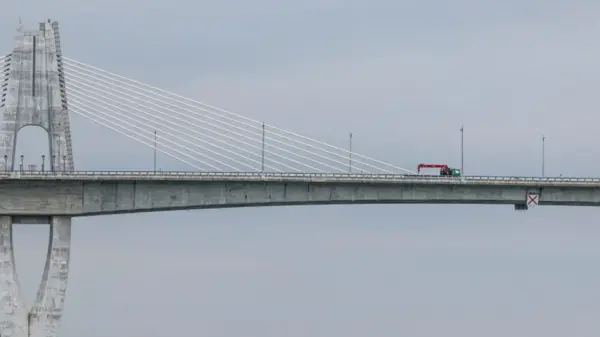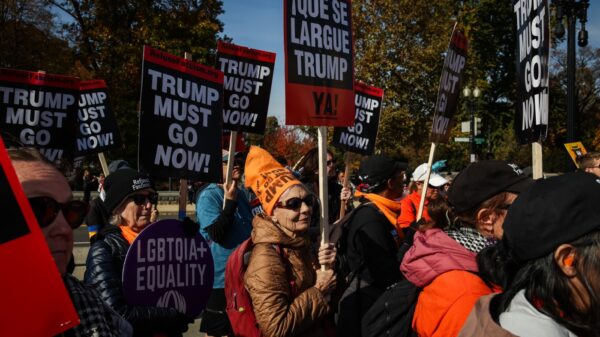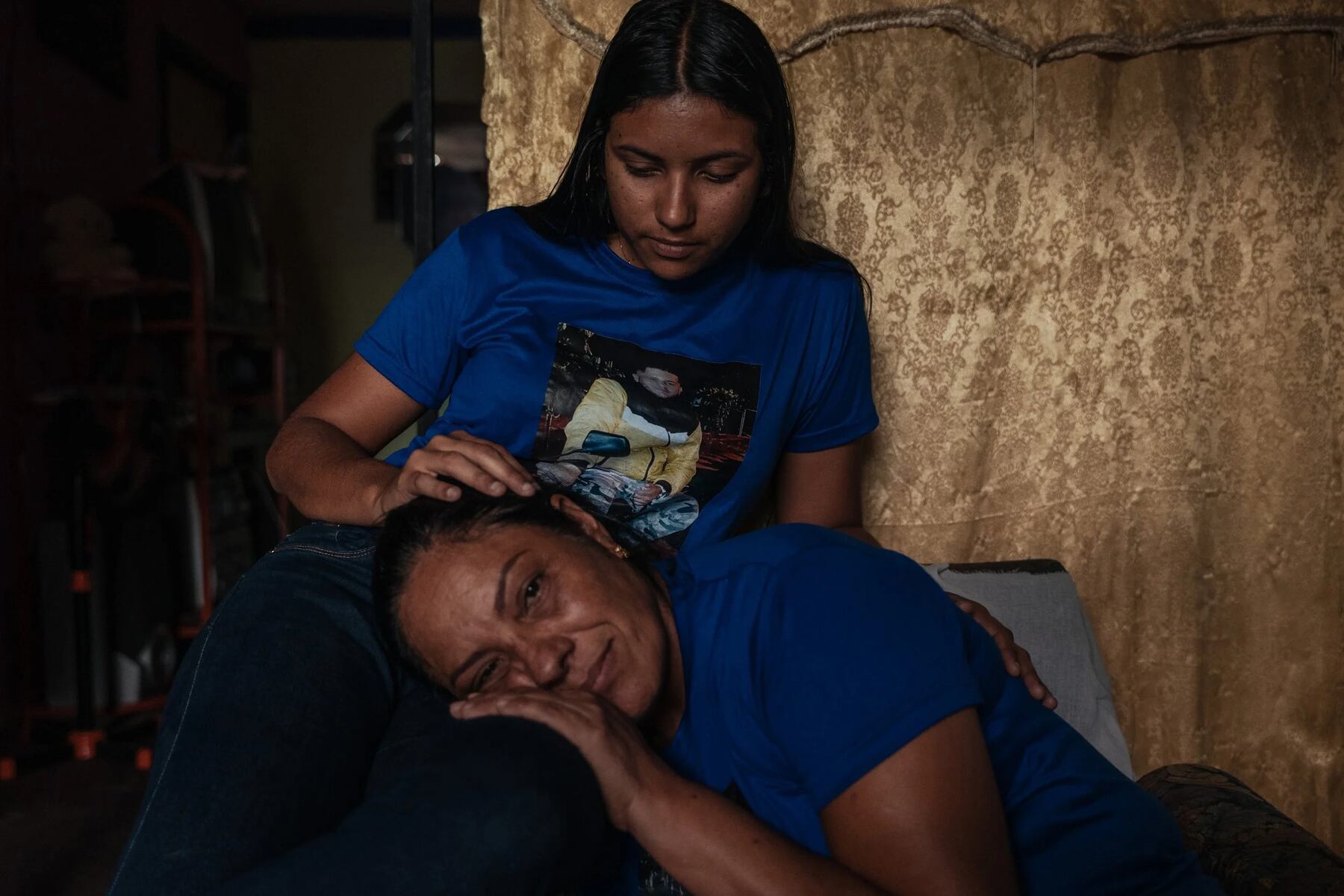URGENT UPDATE: More than 230 Venezuelan asylum seekers were deported to the notorious CECOT prison in El Salvador on March 15, 2024, triggering widespread outrage and questions about the U.S. immigration system. These men, including José Manuel Ramos Bastidas, sought refuge after fleeing Venezuela’s economic crisis but ended up in one of the world’s deadliest prisons.
Ramos, who left Venezuela in January 2024 to secure medical treatment for his newborn son suffering from a severe respiratory condition, followed all legal immigration procedures. He used the government’s CBP One app to schedule an appointment at the U.S. border, but was detained after being denied asylum by immigration officials. His fears escalated when he heard about mass deportations initiated under the newly elected president, Donald Trump, who labeled many Venezuelan immigrants as dangerous gang members.
On a video call with his wife just before his deportation, Ramos expressed his anxieties about being falsely labeled a member of the Tren de Aragua gang, a designation that led to his transfer to CECOT. “I am simply a hard-working Venezuelan. I haven’t committed any crimes,” he declared, holding up a document he believed would guarantee his safe return to Venezuela.
However, a month later, Ramos and others were forced into CECOT, where the U.S. government accused them of being linked to a terrorist organization without providing substantial evidence. Legal experts assert that many of these deportees were actively navigating the U.S. immigration system and did not have criminal records. A shocking analysis revealed that almost half of the men were deported before their cases were decided, including some who had pending asylum claims.
The implications of this mass deportation are profound. Former officials, including Michelle Brané of the Biden administration, condemned the actions as “very un-American,” stressing that retroactively punishing individuals for following immigration rules undermines the legal system. A U.S. District Judge has described the situation as “Kafkaesque,” indicating that these men were deprived of their constitutional rights while languishing in a foreign prison on dubious accusations.
As the Trump administration continues to label these men as “monsters” and “criminals,” the lack of evidence supporting these claims has raised alarms. Families of the deported, like Ramos’ mother, Crisálida del Carmen Bastidas de Ramos, are left in anguish, fearing for their loved ones’ safety. “What is my son thinking? Is he cold? Is he alive?” she lamented.
In a striking turn of events, the government has moved to close pending immigration cases following the deportations, effectively erasing many from legal records. Legal representatives for the deported individuals have filed lawsuits challenging these summary removals, which they argue violate their clients’ rights.
As this situation unfolds, the humanitarian crisis surrounding Venezuelan migrants in the U.S. continues to escalate. Advocates urge immediate action to protect those fleeing violence and poverty. The next court hearings for many affected individuals are imminent, leaving families and legal teams racing against time for justice.
The repercussions of these mass deportations will resonate far beyond the borders of the United States, affecting international relations and the lives of countless families. This developing story demands urgent attention as advocates and families await answers.
Stay tuned for more updates on this critical situation as it develops.





































































